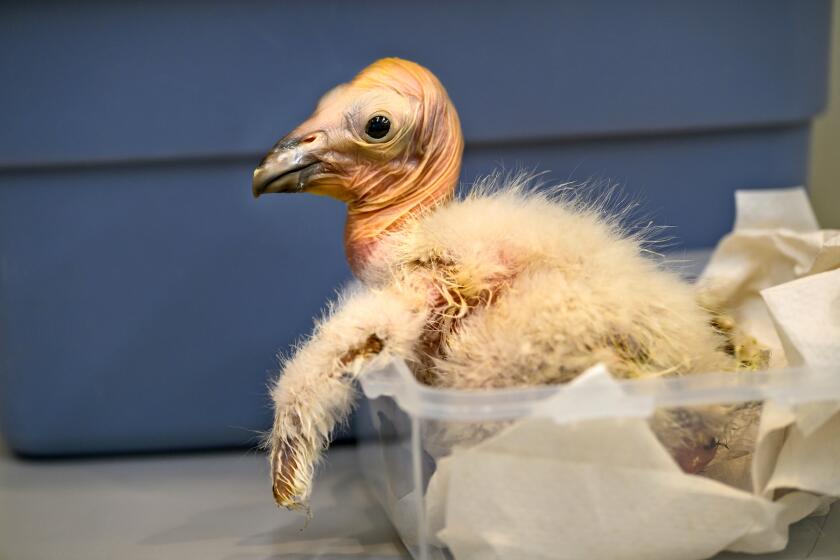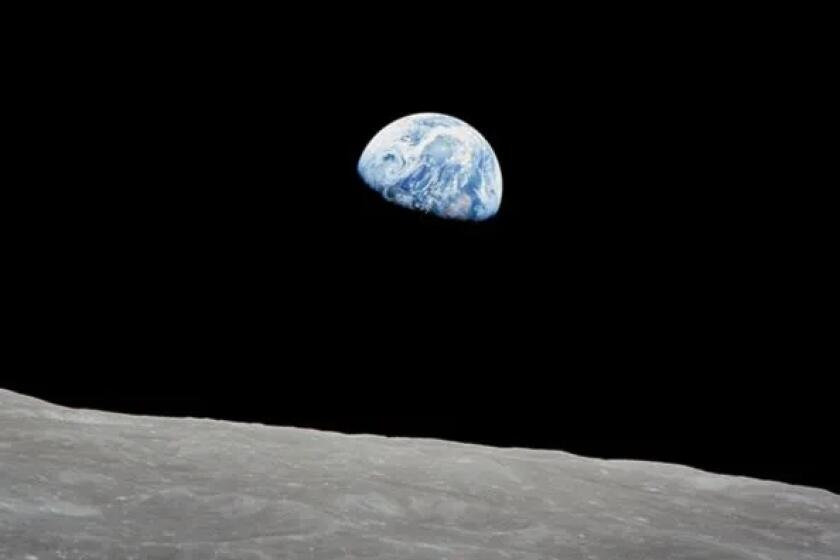Genetic Mutations Are Part of Cloning Process, Scientists Find
There are hundreds of abnormal genes in cloned mice, which explains why so many cloned animals die at or before birth and proves that it would be irresponsible to clone a human being, scientists said.
The process of cloning introduces the genetic mutations, and there seems no immediate way around the problem, reported Rudolf Jaenisch and colleagues at MIT.
“I think this confirms suspicions that I have always had and that many others had that cloning is a very inefficient method at this point,” Jaenisch said in an interview. “It is very irresponsible to think this method could be used for the reproductive cloning of humans.”
Even before 1997, when Dolly the sheep became the first mammal to be cloned from an adult cell, researchers have known that cloning is difficult.
The most common cloning method is called nuclear transfer and involves taking the nucleus from an egg cell, replacing it with the nucleus from a cell of the animal to be cloned, and then “reprogramming” the creation so the egg begins dividing as if it had been fertilized by a sperm.
Only one of every several hundred eggs start dividing, and of those, only a small percentage result in pregnancies.
Many of the animals that are born die soon after or develop abnormalities in their lungs, livers or other organs.
Jaenisch and colleagues at MIT’s Whitehead Institute--working with Ryuzo Yanagimachi of the University of Hawaii, who was the first to clone mice--made dozens of cloned mice, then looked at the activity of 10,000 genes using a gene chip.
Writing in this week’s issue of the Proceedings of the National Academy of Sciences, they looked mostly at the placentas of the newborn mice, long assumed to be the source of the problem, but also at the livers of some of the clones.
They found many abnormal genes. The pattern was so clear that they could tell normal mice from cloned mice by looking at the results of the gene chip study, they reported.
“There is no reason in the world to assume that any other mammal, including humans, would be different from mice,” Jaenisch said.
He said the finding should convince anyone who doubts the danger of trying to clone a human, referring to last summer’s debate he had with other cloning experts, and three scientists who said they planned to try to clone human babies to help infertile couples.
“It settles the old question ... about how normal can clones be,” Jaenisch said.
The three scientists have said they are on the verge of creating a cloned baby, but none has produced evidence that convinces scientists such as Jaenisch.
The issue has been debated in the U.S. Congress, and competing bills would outlaw attempts to clone a human being; some would outlaw using cloning technology in human beings at all.
Several cloning researchers have said cloned livestock such as cattle, sheep and pigs are normal and healthy if they get past birth.
Jaenisch believes genetic abnormalities will be found even in these seemingly normal animals, even if some of the abnormalities are not fatal, he said.
Many of the problems the team found were in so-called imprinted genes, involved in the development of the embryo. In the imprinting process only the copies of a gene that a baby gets from its father are active.
“Almost 50% of those were incorrectly expressed,” Jaenisch said.
That may mean that so-called therapeutic cloning, which uses cloning technology to make human cells for use in medical treatments, would be safe, he said.
“In therapeutic cloning you don’t form an embryo,” Jaenisch said, noting it went to an early stage of development in which a ball of about 100 cells is formed.
“In cloning,” he said, “most, if not all problems arise during embryonic development.”



